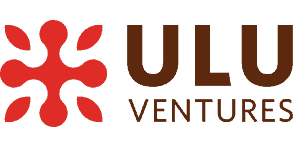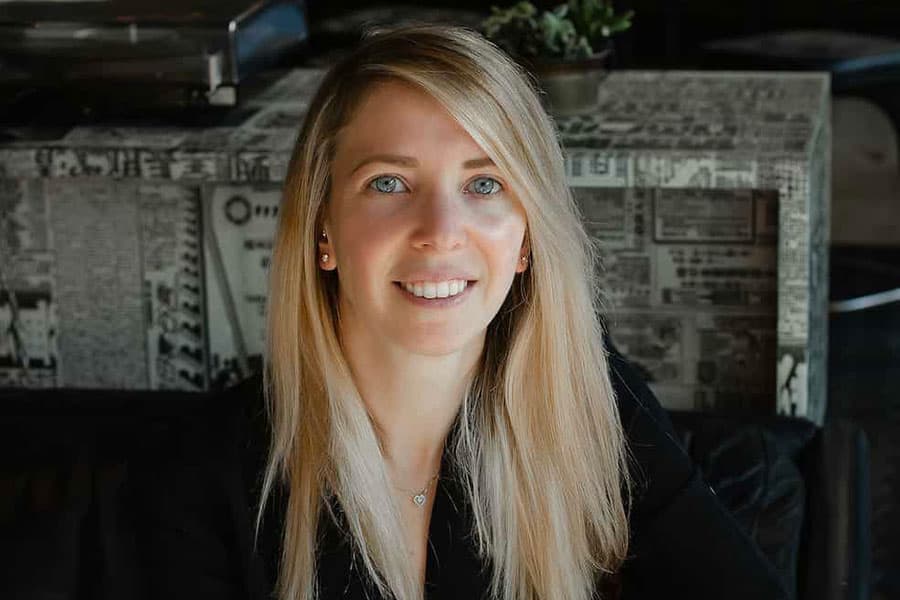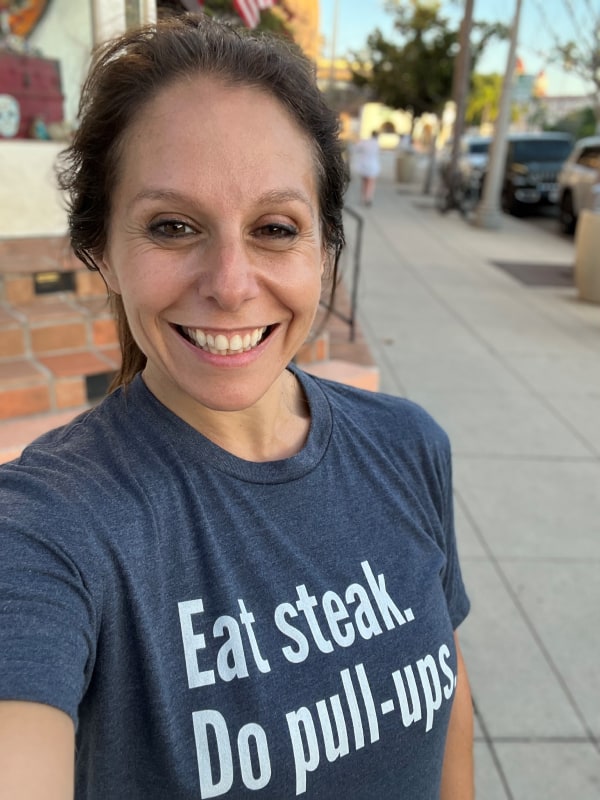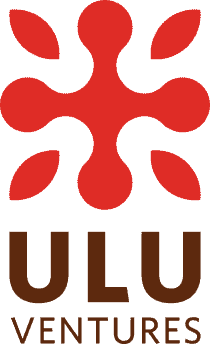When you spend most of your adult life in one of the world’s greatest startup capitals—Tel Aviv, Israel—it’s a given that you become an entrepreneur, according to Ulupreneur Liza Mash Levin. Liza is co-founder and CEO of Gable, a hybrid workforce management platform.
Born in Russia, her parents immigrated to Israel when she was three years old. While all young Israelis serve in the army for at least two years, Liza extended her stint to five, and served as a captain in the elite Israeli Intelligence 8200 unit. Leaving the army, she received a scholarship and graduated from Tel Aviv University with honors and degrees in both computer science and electrical engineering. While still a student, she began working for Microsoft and, as a remote employee herself, became a manager of distributed and remote teams across four different time zones. It was there that she saw both the benefits and the pain points of managing remote teams.
When Liza came to Stanford Business School, her fascination with the remote workforce space accelerated. Pre-pandemic, people thought she was crazy to want to build a business around the idea of people working remotely. Could it really work? What happens with people who come into the office part-time, or with someone fully remote? How do you make your workplace inclusive? By the time she graduated in June 2020, the pandemic was in full swing and Liza believed Gable was something both employers and employees needed globally to help them deal with the difficulties of remote and hybrid workforces.
We spoke with Liza about her strategies, challenges, and passions around building Gable.
What strategies did you use to get your first customers?
We used network leverage, in this case the Stanford network. We were also part of the TechStars accelerator. We spoke with a lot of CEOs and relevant people and one of them said, “Listen, this is exactly what I need.” So our first big pilot came from there, and the rest came from our own personal hustle. I would say in the beginning, it’s reaching out and identifying who has the biggest problem—it always comes to that. The problem we identified during this time was that for most companies that are growing and hiring like crazy, they want to keep their people connected, but they really have no solution. So we focused on targeting these types of companies, and that’s how we got our first customers.
Why Gable, why now?
Gable is the place that people should be looking for hybrid management of their workforce, I think, because basically there is a new way for how people work and the new challenges that arise from it, and I believe that we are the solution to those challenges. If you ask me who is our target audience, it would be every company that has employees.
What is your best advice for new founders who are fundraising?
You really need to believe in your idea and have a bulletproof plan; understand what the problems are that you are solving and what you haven’t solved yet. Also, what are the gaps? Have a very clear answer to those as well. It’s important to think about how you will get to the next step. It’s critical to have the vision—the larger vision for the company—and not assume that you will get there. Start planning for it, especially when you fundraise. It was important for me to not only understand what Gable is now, but to focus on what Gable is going to be like in five to ten years, and ask,“How will we get there?”
What’s been the most difficult part of building Gable?
Fear was a big thing. I’ve never done this before; so, it’s like you’re driving a car and learning how to drive at the same time. I was trying to become comfortable with uncertainty.
One of the challenges is not falling in love with your initial thought hypothesis all the time. Read your customers, your audience, and make sure that you respond and not assume that you know what they want. For us it was, “How do we correct the chicken and egg problem? What’s the right way? Do you start from supply or demand? How do you increase the goal, horizontal or vertical?” There are so many options and everyone is doing something different. It was a big challenge to understand how to move forward, because we’re a very small team—how do you scale efficiently with very few resources? I think that was very difficult for us.
What would be your dream for Gable?
My dream would be for literally every company that has employees to use Gable to create a level playing field for all their workers. Now you have people working in very different configurations; I think they have different challenges. And the workforce today, in my opinion, is not equipped to actually handle them. So I think it’s important for employers to focus on their workplace—not the workforce, the workplace. I really want to make sure that we provide an equal voice to all types of employees within the company and, on the other hand, provide visibility for the employers to create those amazing experiences for their employees, wherever they are. That’s my vision, to have Gable as a household name for all our customers.




